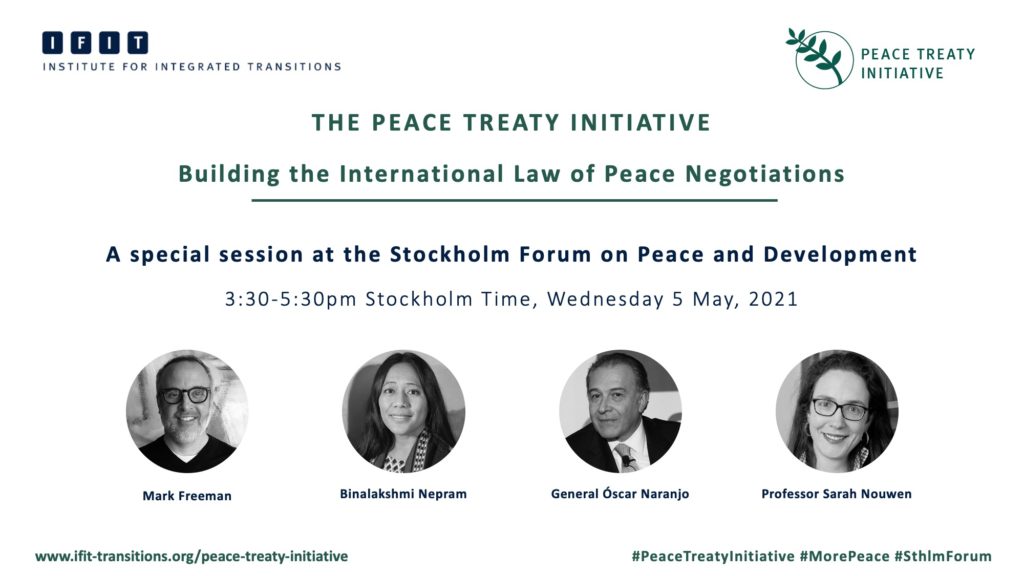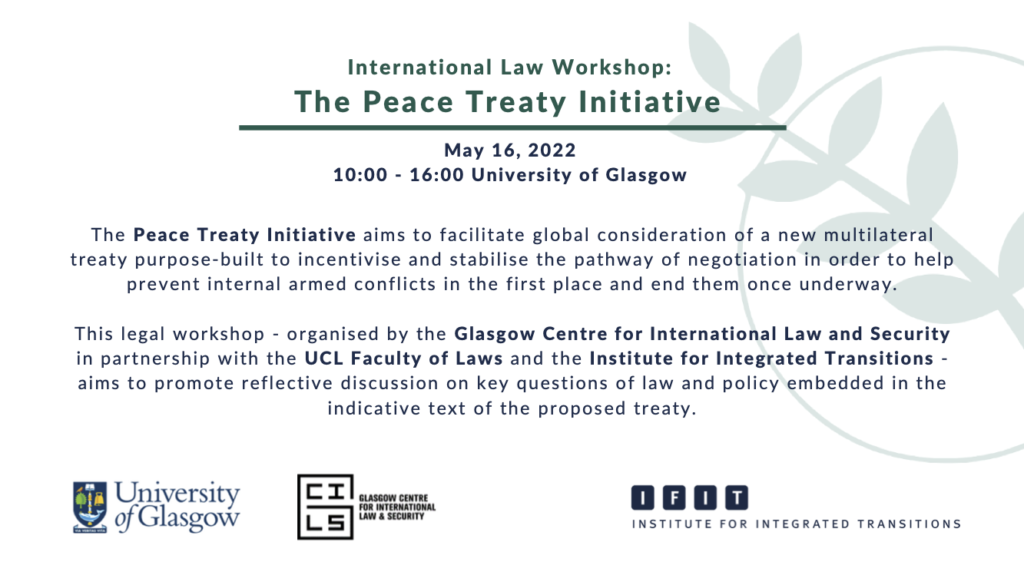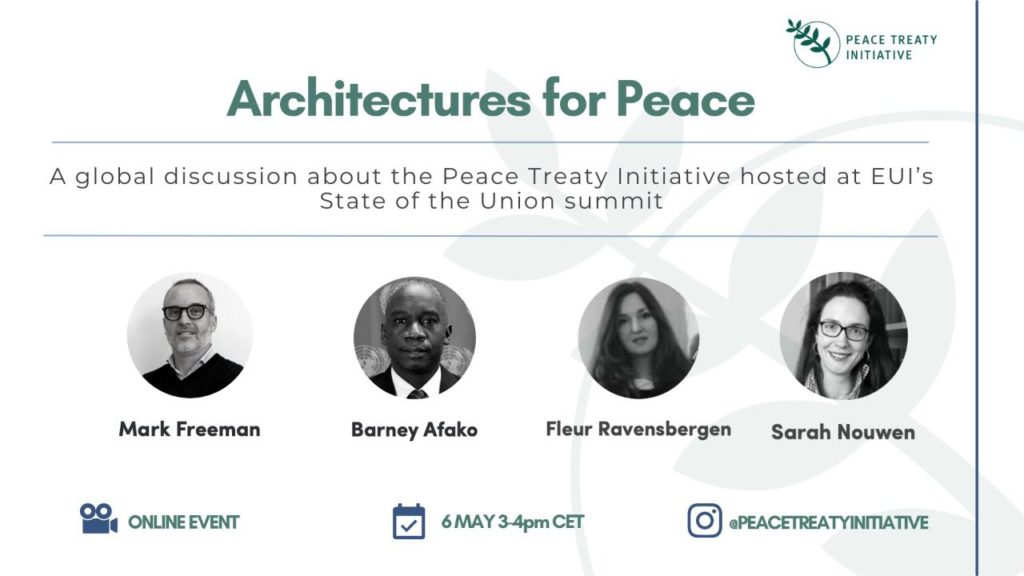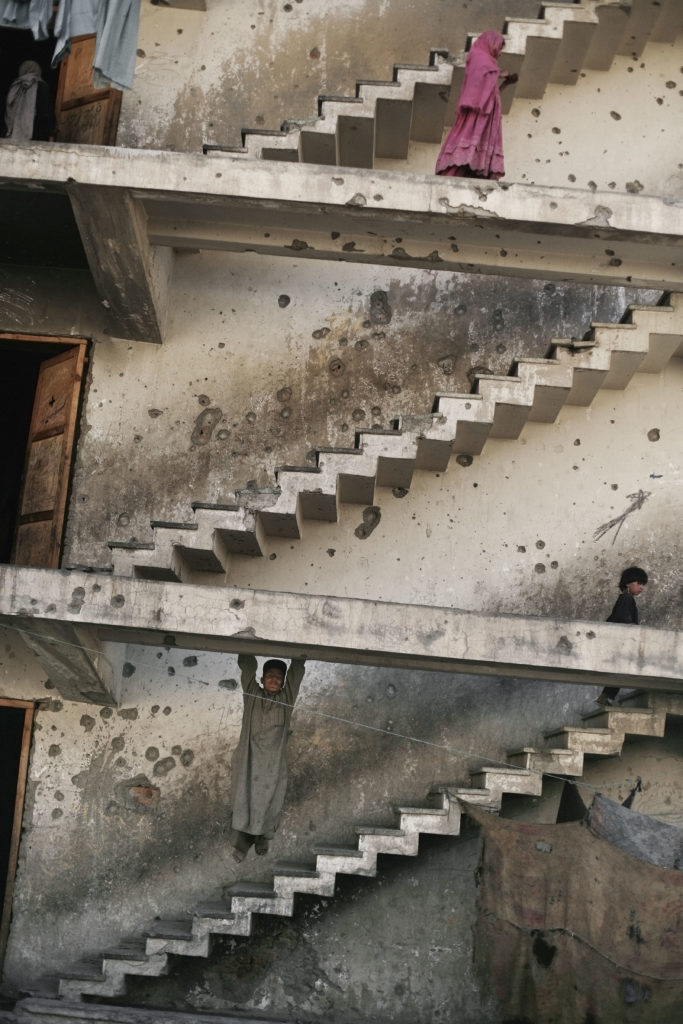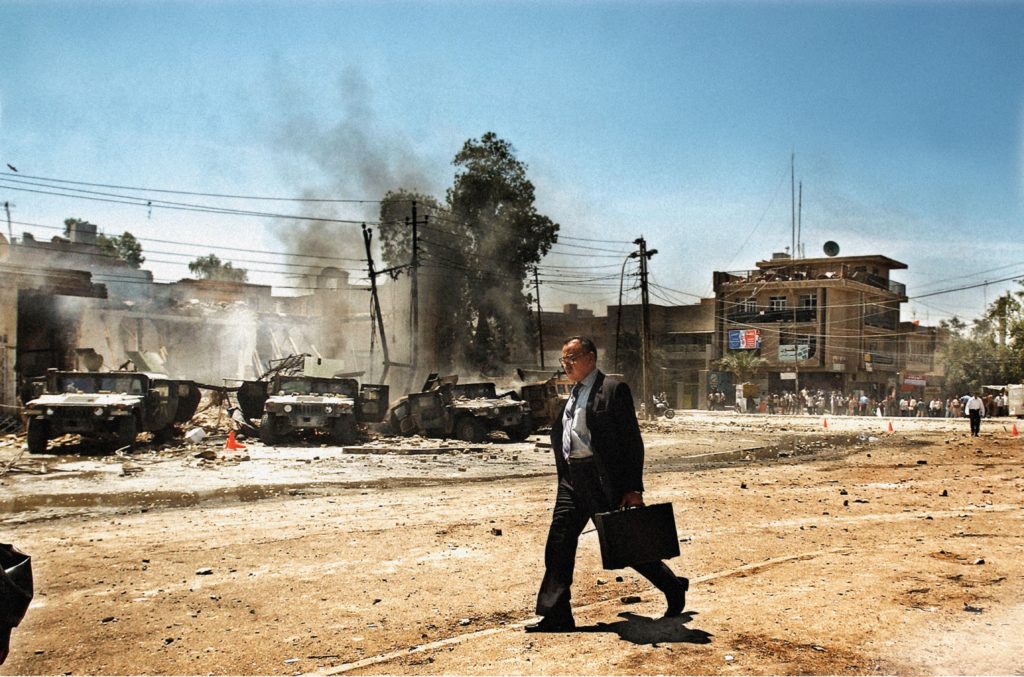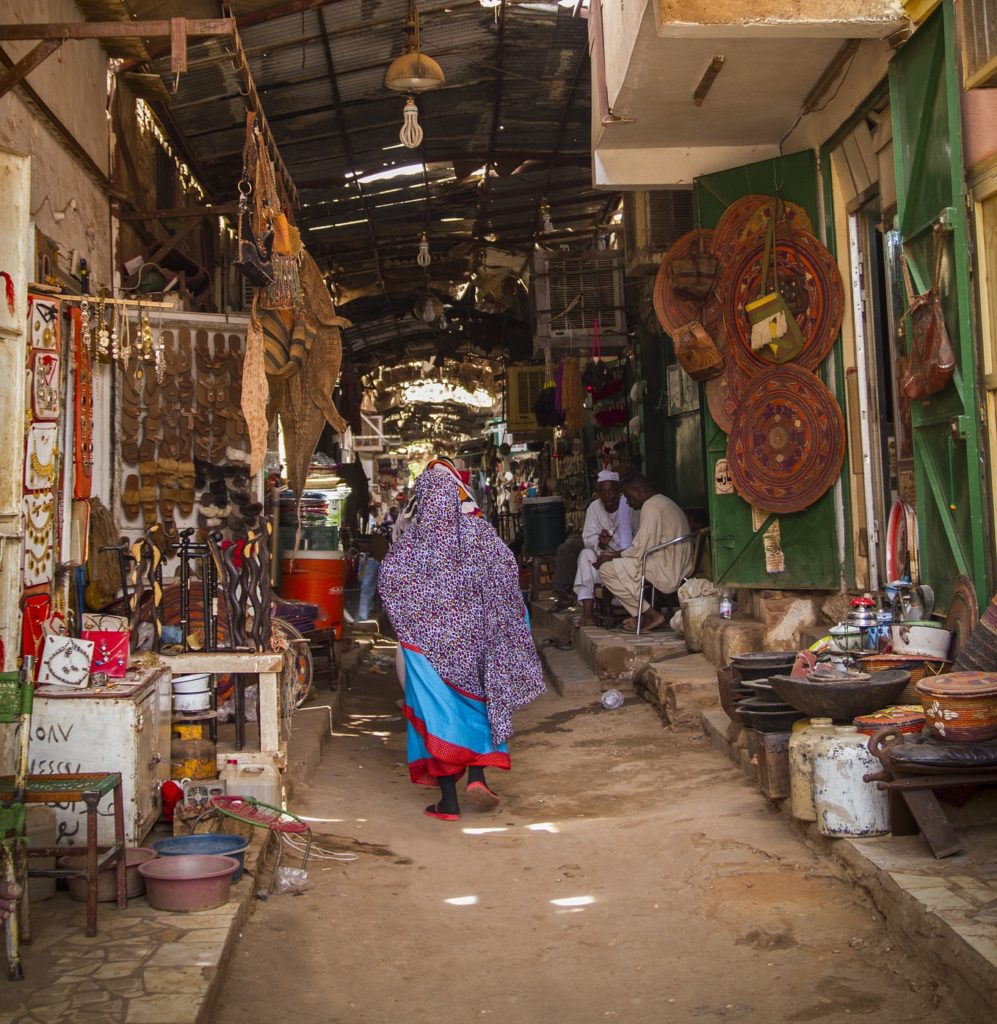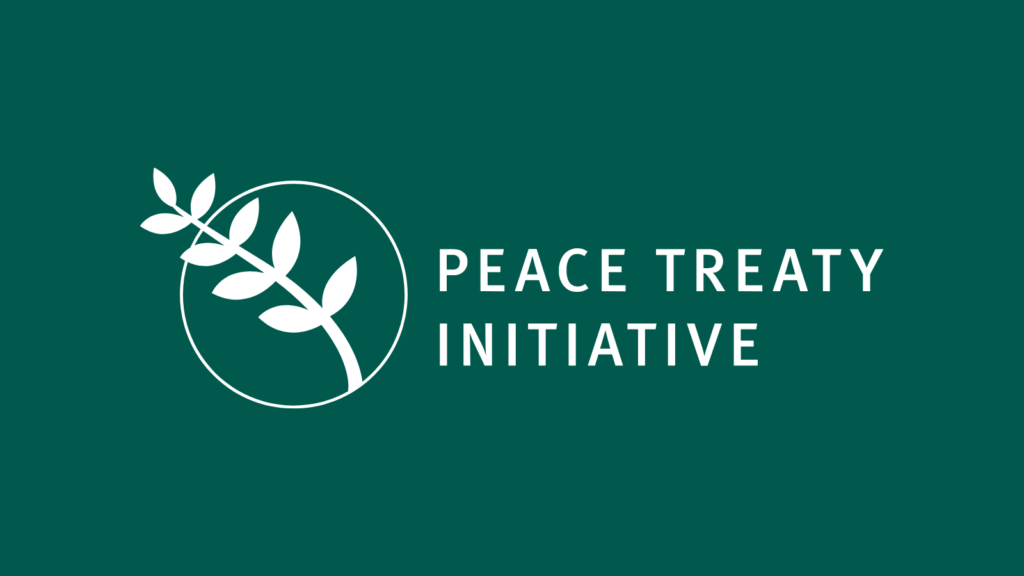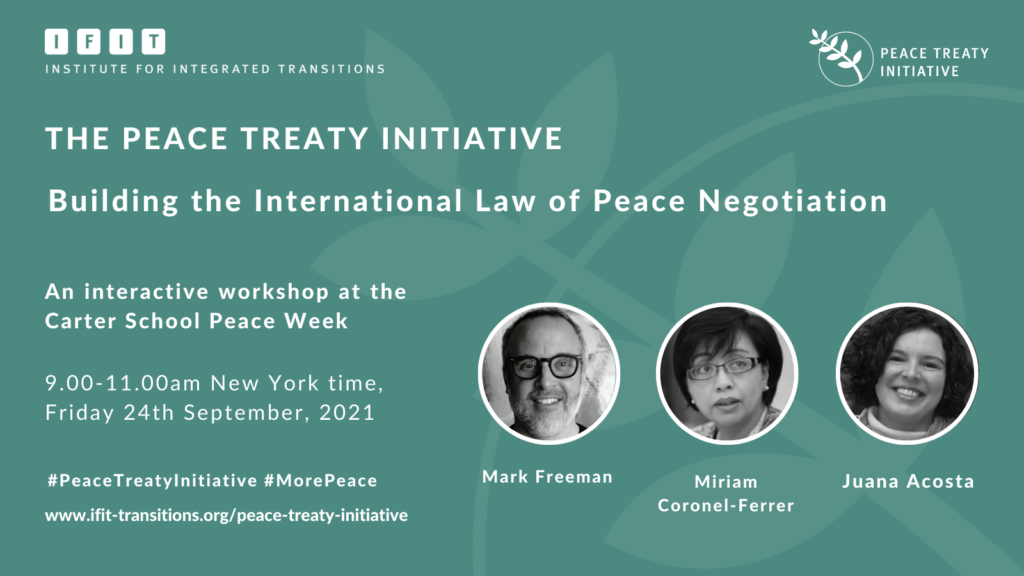For 36 years, General Óscar Naranjo served in the Colombian National Police, where his career was marked by major achievements in combating crime, spearheading institutional modernisation, and fostering a profound sense of trust among citizens. In 2007, he was elevated to the position of Director General of the Police. Throughout his tenure, he garnered numerous accolades, including the Semana Magazine Tribute for his exceptional leadership, and recognition as one of the 500 most influential people in the world by Foreign Policy magazine in its Power Issue.
After his service in the National Police, General Naranjo assumed the helm of the Latin American Institute of Citizenship at the Tecnológico y de Educación Superior de Monterrey (TEC), providing expert guidance to the Mexican federal government until 2014. That same year, he was appointed as Colombia’s Minister of the Presidency for Post-Conflict, Human Rights, and Security, a role he held until November 2015.
In his pivotal role as Plenipotentiary Negotiator for the Government of Colombia in the peace talks with the FARC, he played a crucial role in the construction of the Final Agreement signed in 2016. In March 2017, he was elected by Congress as Vice President of the Republic of Colombia, tasked with overseeing the development and implementation of the Final Agreement; spearheading the fight against organised crime; ensuring citizen security; formulating and implementing a comprehensive policy for the promotion, defence, and protection of human rights; and advising and coordinating the preparation, structuring, and development of a comprehensive public policy for the fight against illicit drugs. He served as Vice President until August 2018.
On May 1, 2023, General Naranjo assumed the presidency of the Social Council of the Universidad Internacional de La Rioja in Colombia, where he plays a key role in promoting the right to higher education and spearheading initiatives aimed at strengthening peaceful coexistence and safeguarding human rights. He also serves as a distinguished member of the IFIT Regional Advisory Council for Latin America and the Caribbean.
You may also be interested in
Sienho Yee studies public international law, especially systemic issues, dispute settlement and v) jurisprudence. He proposed the “international law of co-progressiveness” idea and the principle subsequently employed in ICC Rome Statute, Article 16. Cited and quoted in ICJ and other proceedings, he was the principal presenter on applicable law at the official “ICJ at 70” seminar, and has advised clients in boundary and other matters before the ICJ and elsewhere.
He is currently Professor of International Law, China Foreign Affairs University, Beijing; Editor-in-Chief, Chinese Journal of International Law; Chief Expert, Wuhan University Institute of Boundary and Ocean Studies; Distinguished Professor, National University of Malaysia; AALCO Special Rapporteur on Customary International Law; member of Institut de Droit International and US Supreme Court Bar.
A Columbia Law Review author before receiving his Columbia JD, he was a law clerk to Judge Cowen (US Third Circuit) and Judge Li Haopei (ICTY), Chair of ILA American Branch Committee on International Dispute Settlement, Sub-Reporter on ICJ Matters of ILA UN Reform Study Group, and ILA Baselines Committee member, lawyer at IMF; law faculty member at London (Queen Mary), Colorado (Boulder), Xi’an Jiaotong, and Wuhan University; academic visitor at Harvard, Bellagio-Rockefeller, Oxford (Hamilton Fellow, Christ Church), Humboldt.
You may also be interested in
Ekaterina Stepanova heads Peace and Conflict Studies Unit at Primakov National Research Institute of the World Economy & International Relations (IMEMO), Moscow. Her research focus is on armed conflicts, insurgencies and terrorism, peace processes and peace-building, human security, and the political economy of conflicts.
Her seven monographs include “ISIS and the Phenomenon of Foreign Terrorist Fighters in Syria and Iraq” (2020), “Terrorism in Asymmetrical Conflict: Ideological and Structural Aspects” (Oxford Univ. Press, 2008), and “Civil-Military Relations in Operations Other Than War” (2001). She contributed chapters on Russia to “The Oxford Handbook on the Responsibility to Protect” (2016) and ”The Cambridge History of Terrorism” (2021). Her several edited volumes include “Humanitarian Challenges, Humanitarian Support and Human Protection in Armed Conflicts” (2018), “Addressing Terrorism, Violent Extremism and Radicalization” (2017), and “Terrorism: Patterns of Internationalization” (Sage, 2009).
She edits Russia’s only journal on peace and conflict studies, “Pathways to Peace and Security”, and serves on editorial boards of “Global Governance” and “Global Responsibility to Protect”. She also serves as an expert at the Global Peace Index methodology panel and is the IMEMO contact point for the UN Counterterrorism Committee Executive Directorate’s Global Research Network.
She is a graduate of, and holds a PhD from, Moscow State University and holds a Dr. Sc. (Dr. Habil.) degree in Political Science from IMEMO. In 2007–2009, she was on leave from IMEMO to lead the Armed conflicts and conflict management program at Stockholm International Peace Research Institute (SIPRI).
You may also be interested in
Véronique Dudouet is a Senior Research Advisor at Berghof Foundation in Berlin (Germany). Since 2005, she has managed various collaborative research projects on non-state armed groups and peace processes, negotiations and third-party intervention in asymmetric conflicts, inclusive political/security transitions, post-war governance, protest movements and nonviolent-led transitions of power. She conducts regular policy advice, peer-to-peer advice and training seminars for/with conflict and peacebuilding stakeholders. She also carries out consultancy research for various civil society organisations and international agencies (e.g. UNDP, OECD-DAC, European Parliament/External Action Service, GIZ, NOREF) and serves as Academic Advisor of the International Center on Nonviolent Conflict in Washington. She is also member of the French Research Institute for Nonviolent Conflict Resolution (IRCN). From April to October 2019, she was a Jennings Randolph Senior Fellow at the U.S. Institute of Peace in Washington DC. She has published two edited books and authored numerous publications in the fields of conflict transformation and nonviolent resistance. She holds an MA and a PhD in Conflict Resolution from the University of Bradford, UK, and a BA in political science and MPhil in International Relations and Security from the Institut d’Etudes Politiques, Toulouse, France.
You may also be interested in
Tawakkol Karman was awarded the 2011 Nobel Peace Prize in recognition of her nonviolent struggle for the safety of women and their right to full participation peacebuilding process in Yemen. Karman was the first Yemeni, the first Arab woman, and the second Muslim woman to receive this honor, and at 32, was the youngest Nobel Prize Laureates to date. Karman is a mother of three as well as a human rights activist, journalist, politician, and the president of the organization Women Journalists Without Chains.. She is a General Coordinator of the Revolutionary Youth Council in Yemen and a member of the advisory board for Transparency International as well as several other international human rights NGOs. Bold and outspoken, Karman has been imprisoned on a number of occasions for her pro-democracy, pro-human rights protests. Amongst Yemen’s Youth movement, she is known as “mother of the revolution”, “the iron woman”, and the Lady of the Arab Spring. She received an undergraduate degree in Commerce from the University of Science and Technology in Sana’a and completed a graduate degree in Political Science at the University of Sana’a.
You may also be interested in
Dr. Speciosa Wandira-Kazibwe is an accomplished leader whose negotiation skills have led to strategic consensus-driven decisions. She is a Medical Surgeon with a Doctor of Science Degree in Global Health and Population from the Harvard School of Public Health.
Dr. Wandira has served as Executive Vice President of the Republic of Uganda; held various Cabinet portfolios; was Member of Uganda’s Parliament for 17 years; and a Member of the Constituent Assembly that drafted Uganda’s 1995 Constitution. She has served on various local, regional and international Boards and Commissions and led an African Union National Elections Monitoring Mission to Liberia in 2011 and to Mauritius in 2019. As the first President of the African Women’s Committee on Peace and Development of the African Union (then OAU), she mobilized and advocated for the active involvement of women in Africa’s leadership and peace and development initiatives.
Currently Dr. Wandira is serving as: a Member of the African Union Panel of the Wise; Co-Chair of FEMWISE Africa; Special Advisor to the President of the Republic of Uganda on Population and Health; Founder Board member of the Coalition for Dialogue on Africa (CODA); and a champion for an HIV-free generation in Africa. Dr. Wandira believes in the use of evidence for policy, stewardship and effective community / stakeholder engagement as a necessary avenue for the socio-economic transformation of Africa.
You may also be interested in
Soliman M. Santos, Jr. is presently a Judge of the Regional Trial Court (RTC) of Naga City, Camarines Sur, Bicol Region, Philippines. As a Judge since 2010, he has excelled in alternative dispute resolution or mediating the compromise settlement of court cases. He is a long-time human rights and IHL lawyer; legislative consultant and legal scholar; peace advocate, researcher and writer. He is a member of the new Editorial Board of the International Review of the Red Cross.
Santos, Jr. was the pioneering peace advocate-observer in the successful peace negotiations between the Government of the Republic of the Philippines (GRP) and the Moro National Liberation Front (MNLF) of 1992-96, representing the independent peace advocates at the Third Jakarta Talks in 1995. As then Coordinator of the Philippine Campaign to Ban Landmines (PCBL), he was the NGO representative in the Philippine government delegation to the Ottawa Conference (Oct. 3-5, 1996) which launched the Ottawa Process resulting in the landmark 1997 Ottawa Treaty banning anti-personnel mines. He was among the pioneers in 1997 of the global work of engaging non-state actors (rebel groups) in a landmine ban and in 2006 of the global South work of constructively engaging non-state armed groups beyond the landmines issue. Also as then PCBL Coordinator who participated with the Philippine delegation at the Dublin Diplomatic Conference on Cluster Munitions in 2008, he made four substantive contributions to that year’s Convention on Cluster Munitions. His last act before stepping down as PCBL Coordinator was being its conforme signatory to the “Guidelines for the Implementation of the Philippine Campaign to Ban Landmines-Fondation Suisse de Deminage (PCBL-FSD) Project Pursuant to the Joint Statement of the GRP-MILF [Moro Islamic Liberation Front] Peace Panels dated 15 November 2007” on 5 May 2010 regarding the clearing of mines/unexploded ordnance in conflict-affected areas in Mindanao, Southern Philippines. He thus sets a Filipino example of civil society pioneering, participation and contributions in intra-state peace negotiations, in non-state armed group engagement and in international treaty-making.
You may also be interested in
Dr Solomon Ayele Dersso, a founding director of Amani Africa (Ethiopia-based pan-African policy research, training and consulting think tank working), is the Chairperson of the African Commission on Human and Peoples’ Rights, the African Union’s premier human rights body. At the African Commission, Dr Dersso serves as the focal point of the Commission both on transitional justice in Africa and on Human Rights in Conflict Situations. In this capacity, he led the elaboration of and drafted the two most recent African Union instruments on transitional justice – the AU Policy on Transitional Justice and the African Commission’s Study on Transitional Justice and Human and Peoples’ Rights. Adjunct Professor at the College of Law and Governance Studies of Addis Ababa University, Dr Dersso serves as editorial board member of various journals including the International Journal of Transitional Justice and the African Journal of Conflict Resolution. Apart from publishing regular opinion editorials on current affairs, Dr Dersso has published numerous journal articles, book chapters, reports and papers covering diverse subjects including international law, constitutional design, human rights and peace and security.
You may also be interested in
Sarah Nouwen is a Professor of Public International Law at the European University Institute. She is on leave from the University of Cambridge, where she is a Professor in Public International Law and was for many years Co-Deputy Director of the Lauterpacht Centre for International Law and Fellow of Pembroke College. Nouwen is also an Editor-in-Chief of the European Journal of International Law.
Nouwen received a 2-in-1 LLB and LLM from Utrecht University, doing part of her degree at the University of the Western Cape and the University of Cape Town. She then obtained an MPhil in International Relations and a PhD in Law at the University of Cambridge, where she subsequently became a Research Fellow. Prior to assuming her lectureship at Cambridge in 2012, Nouwen worked in international diplomacy: at the Dutch mission to the United Nations, at the Netherlands Embassy in Khartoum, and as a Senior Legal Advisor to the African Union High Level Implementation Panel in Sudan. She also served as a consultant for the UK Department of International Development in Darfur and worked with an NGO in Senegal on microfinance.
She has published extensively on international criminal law, transitional justice and international law more generally. She is the author of Complementarity in the Line of Fire: The Catalysing Effect of the International Criminal Court in Uganda and Sudan (Cambridge University Press, 2013). Her article ‘As You Set out for Ithaka: Practical, Epistemological, Ethical, and Existential Questions about Socio-Legal Empirical Research in Conflict’ won the Leiden Journal prize for the best article published in 2013-2016. Nouwen also received a Philip Leverhulme Prize for her scholarship.
She is currently doing research on international law and peace negotiations, including on the meaning of the term ‘law’ as it is used in literature on law and peace negotiations and on developments in the field of law and peace negotiations. The working title of her new book is Peacemaking: What’s Law Got to Do With It?. She is a member of the Expert Advisory Group of IFIT’s Peace Treaty Initiative.
You may also be interested in
Professor Patrícia Galvão Teles has been member of the United Nations International Law Commission (ILC) since 2017 and Auxiliary Professor of International Law at the
Autonomous University of Lisbon since 2002. She is also a member of the Permanent Court of Arbitration since 2016 and is currently Vice-President of the Portuguese Society for International Law. She is Adjunct Senior Researcher at the Centre for International Law (CIL) of the National University of Singapore and Co-Director of the CIL eAcademy 2020 – Singapore Academy of International Law.
At the International Law Commission, she was General Rapporteur at the 70th Session in 2018 and co-author of the topic on the Long-Term Programme of Work “Sea level rise in relation to International Law.” In 2019, she was appointed Co-chair of the Study Group on “Sea level rise in relation to International Law”.
At the Autonomous University of Lisbon, she teaches currently an undergraduate course on “Public International Law” and Master Courses on “Trends in International Law” and “Just War in International Law”. She has also taught undergraduate and graduate courses, among others, on “Human Rights”, “International Humanitarian Law”, “International Criminal Law” and “EU Law”. She has taught many other subjects at several other Portuguese Universities, Military Institutes and the Diplomatic Academy, and lectures frequently in Portugal and abroad. During the current academic year, she was Visiting Fellow at the Graduate Institute for International and Development Studies in Geneva and Guest Professor at the Catholic University of Lisbon and at ISCTE – University Institute of Lisbon.
She has also been teaching in the International Law Seminar of the ILC in Geneva, in the United Nations Regional Courses in International Law in Addis Ababa, Santiago de Chile and Bangkok and in the International Law Fellowship Programme in The Hague and has lectured in the United Nations Audiovisual Library of International Law. She served as Director of Studies of the English Session during the 2013 Public International Law Summer Session of the Hague Academy of International Law.
Professor Galvão Teles is also Senior Legal Adviser on International Law at the Legal Department of the Portuguese Ministry of Foreign Affairs. Previously, she was Legal Adviser at the Portuguese Permanent Representation to the European Union in Brussels (2008-2015) and Legal Consultant on International Law at the Legal Department of the Portuguese Ministry of Foreign Affairs (2001-2008).
Professor Galvão Teles has published widely in different areas of international law. She is Co-Editor of the Portuguese Yearbook of International Law and a Researcher at Observare (Research Centre for External Relations of the Autonomous University of Lisbon). She is a member of the Committee for the Jean Pictet Competition – Training and Simulations in International Humanitarian Law. She completed her PhD in International Law in 2002 at the Graduate Institute for International and Development Studies in Geneva. She holds a master degree in International Law from the same Institute (1995), after having graduated in Law at the Faculty of Law of the University of Lisbon (1993).


